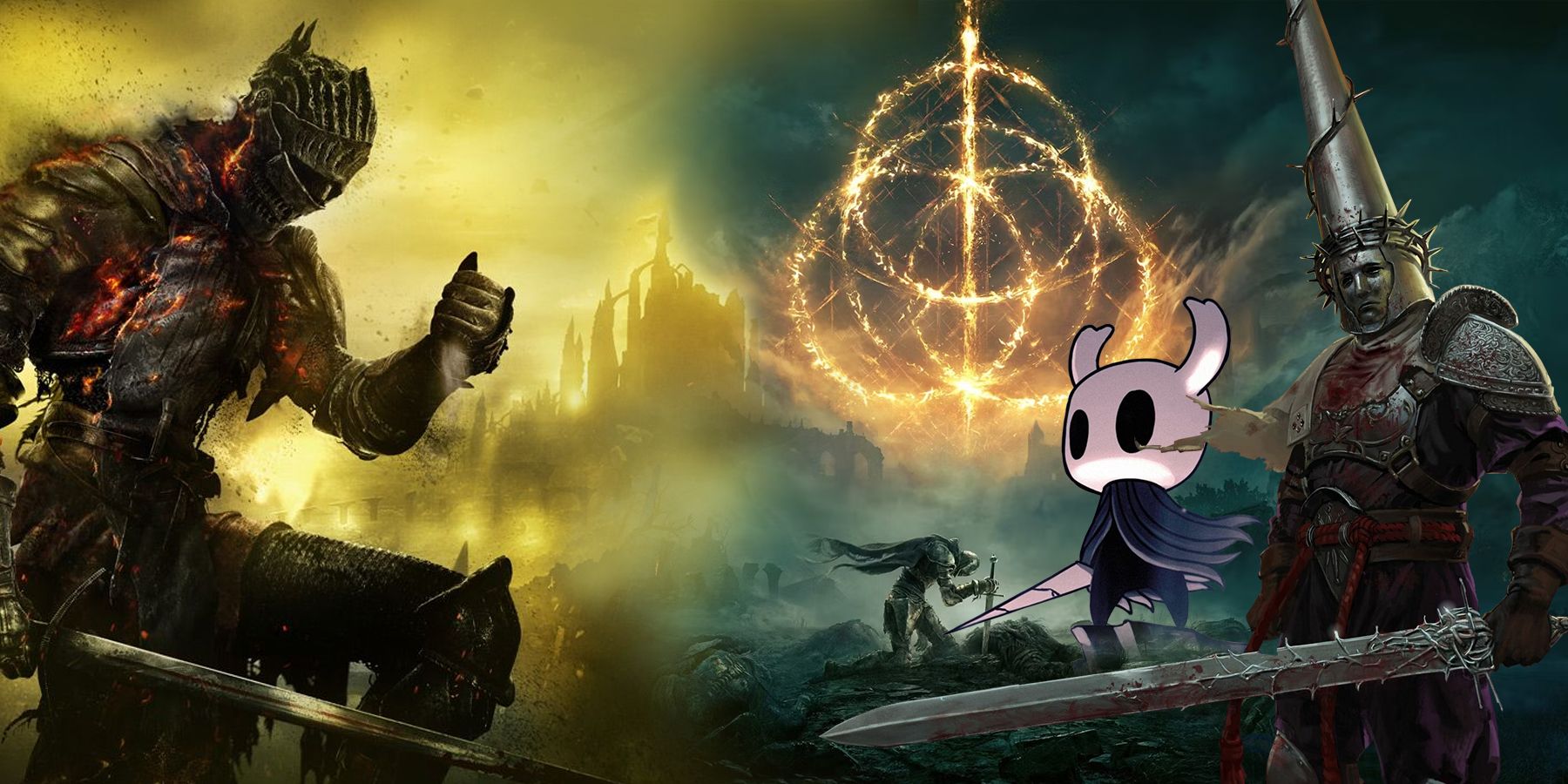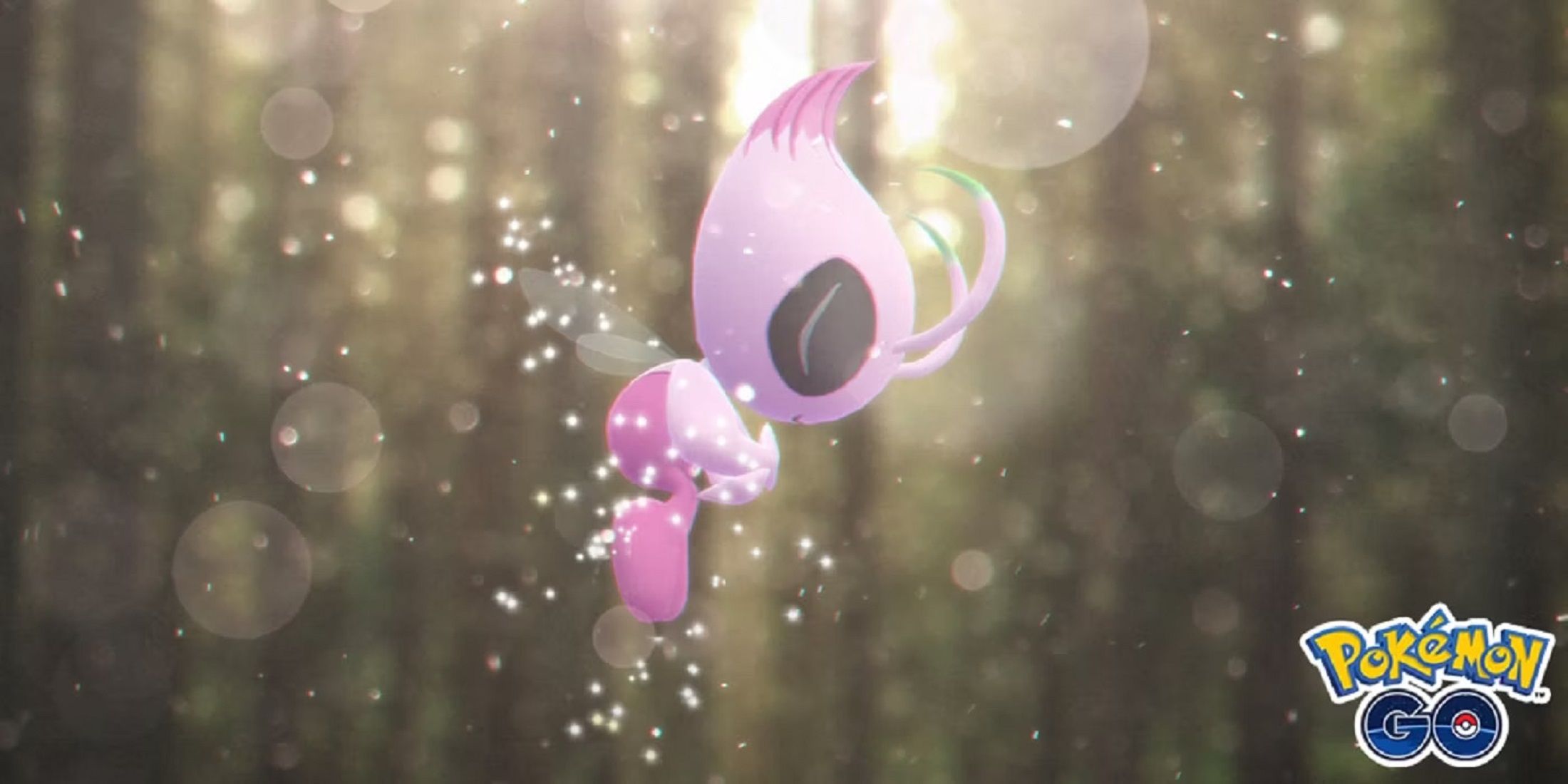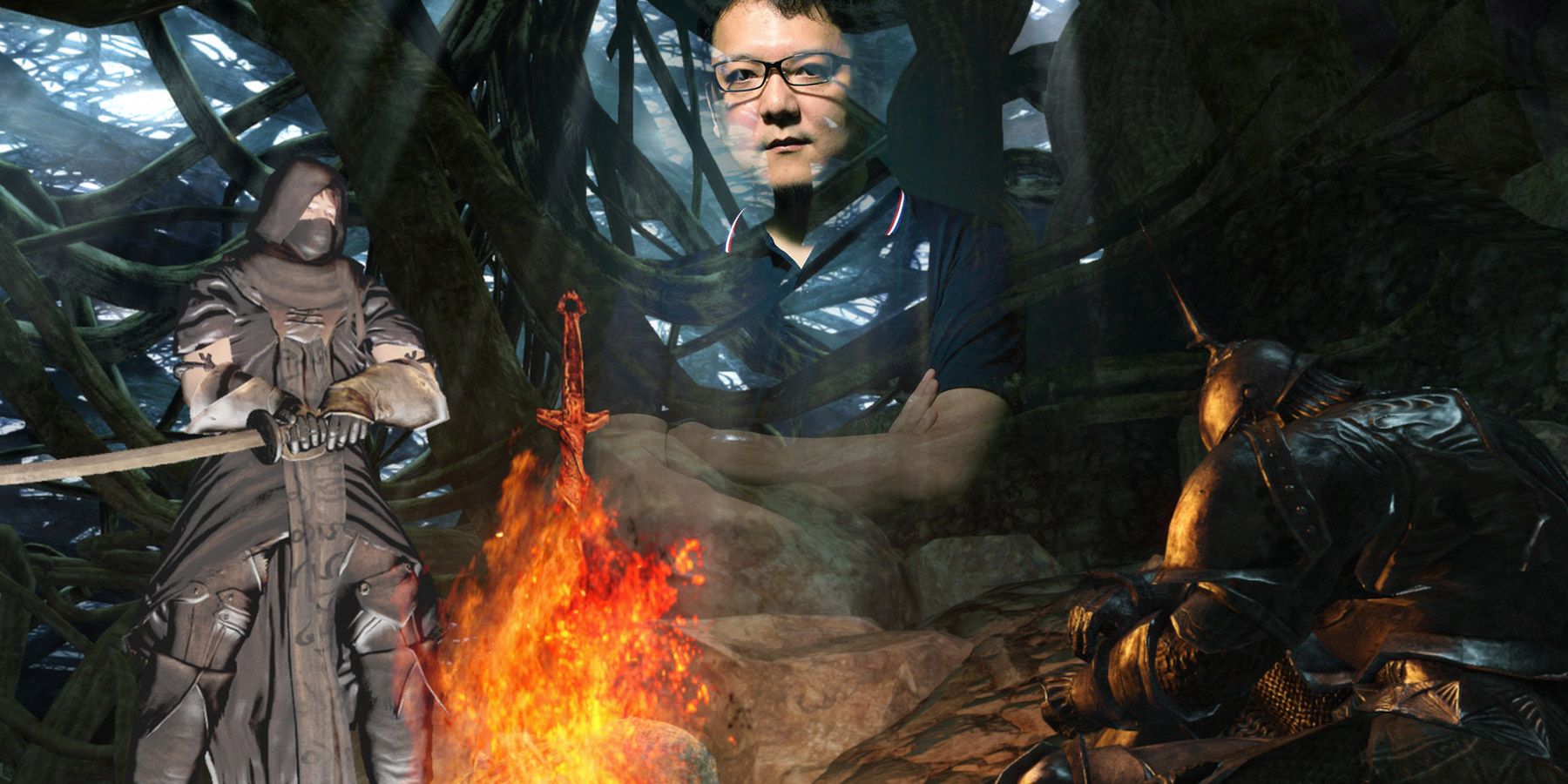Highlights
- Dark Souls 2, while heavily criticized by fans when it released, has had a significant impact on FromSoftware's future games, with innovative ideas that shaped later titles.
- FromSoftware Director Hidetaka Miyazaki recognizes Dark Souls 2's importance, stating that it laid the groundwork for future connections and ideas.
- Features from Dark Souls 2, such as build options and larger areas, directly influenced games like Elden Ring, showcasing the sequel's lasting legacy.
Back when Dark Souls 2 released in 2014 it received almost universal acclaim from critics around the world. Deeper combat systems, a larger world, a more focused and clearer story, and some excellent visual and environmental design were all just some of Dark Souls 2's biggest points of praise. But while critics praised Dark Souls 2 to high heaven, fans found the sequel to be lacking in some important areas, marring the game's reception significantly.
Though many fans have warmed to Dark Souls 2 over the years, it's still widely considered to be the black sheep of FromSoftware's Soulsborne library. While Dark Souls and Elden Ring are able to soar above most criticisms, Dark Souls 2 has always struggled to shake its weaker elements. But Dark Souls 2 is far from a bad game, and though many fans might not see it at first, it's been instrumental in shaping FromSoftware's future entries, and FromSoft Director Hidetaka Miyazaki has said as much himself.

25 Soulslikes That Are Easier Than Dark Souls
Dark Souls is a classic, but notoriously difficult game. For gamers who want something more forgiving, these similar titles are great choices.
Miyazaki Is Right About Dark Souls 2's Legacy
In a recent interview with IGN, FromSoftware's Hidetaka Miyazaki - the director of every FromSoft Soulsborne game aside from Dark Souls 2 - had some intriguing words to say about the impact and lasting legacy that Dark Souls 2 has had on the developer. In IGN's interview, Miyazaki stated,“In regards to Dark Souls 2, I actually personally think this was a really great project for us, and I think without it, we wouldn’t have had a lot of the connections and a lot of the ideas that went forward and carried the rest of the series.” While there's already plenty to unpack there, IGN went on to report that Miyazaki said, "There’s really no way of telling how or if the series would have continued the way it did without Dark Souls 2."
How Dark Souls 2 Shaped FromSoftware's Future
While Miyazaki didn't direct Dark Souls 2, instead choosing to focus on Bloodborne and taking a supervisory role for the sequel, it's clear that the game has had a lasting personal impact on the now-legendary video game developer, and from the sounds of it, the entire FromSoftware development team. By far the most interesting quote from IGN's interview is Miyazaki's statement that "a lot of the connections and a lot of the ideas" of future FromSoftware games can trace their origins back to Dark Souls 2, and that's fairly easy to see upon reflection.
When looking back on Dark Souls 2 a whole decade later, one core feature of the game shines through, and that's its ambition. While FromSoftware could have just played it safe for the sequel to its surprise 2011 hit, it decided instead to be as ambitious and innovative as possible. And though the execution of those ambitious ideas left a little to be desired, those initial concepts were pivotal in creating some of Elden Ring's best features, just as Miyazaki recently stated.
One big feature of Dark Souls 2 that found its way to Elden Ring was its wealth of build options. The original Dark Souls and Dark Souls 3 have infamously poor mage builds, but almost right from the bat, Dark Souls 2's magic-based builds shine. Dark Souls 2 also introduced Power Stancing, which allowed players to dual-wield a vast selection of weapons, most of which had unique double-attack animations. Pairing all of this with the game's still impressive number of weapons, spells, and shields, and it's easy to see where Elden Ring took direct inspiration.
Another major idea that seems to have been brought forward from Dark Souls 2 is a focus on larger areas. Though Dark Souls 2's map is much more linear and less interconnected than its predecessor, the individual locations feel much grander than most of those in Demon's Souls, and even some in Dark Souls. When looking back on Dark Souls 3, larger areas like Irithyll of the Boreal Valley feel as though they're continuations of this Dark Souls 2 idea, and of course, many of Elden Ring's own locations also seem to be a natural evolutio of this core concept.




